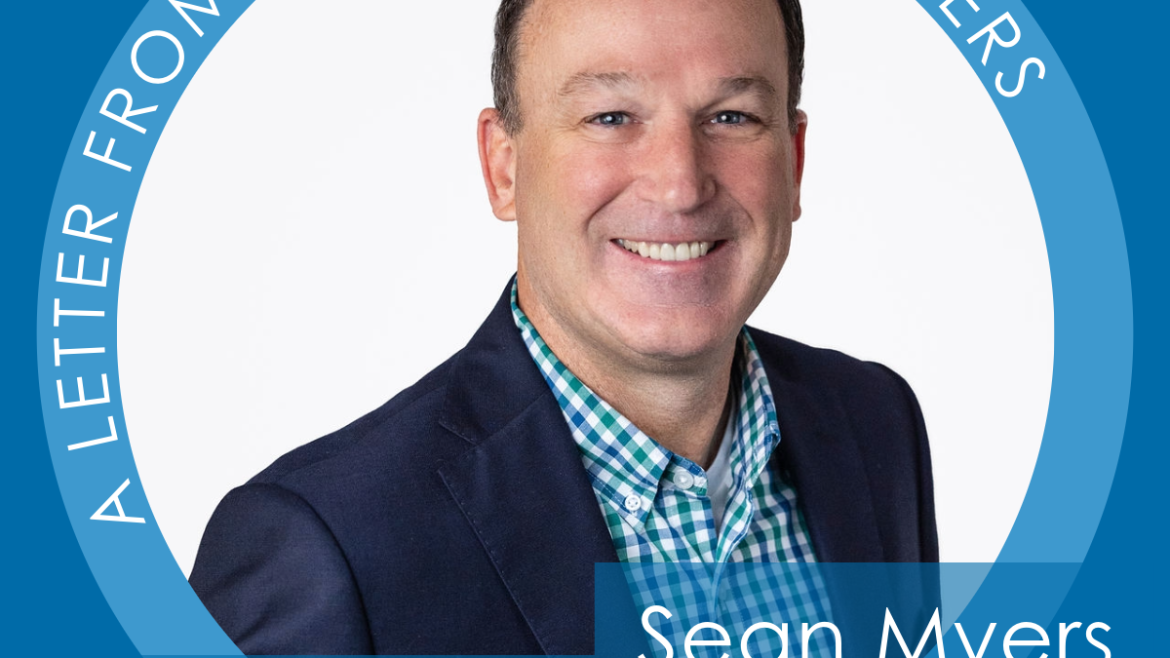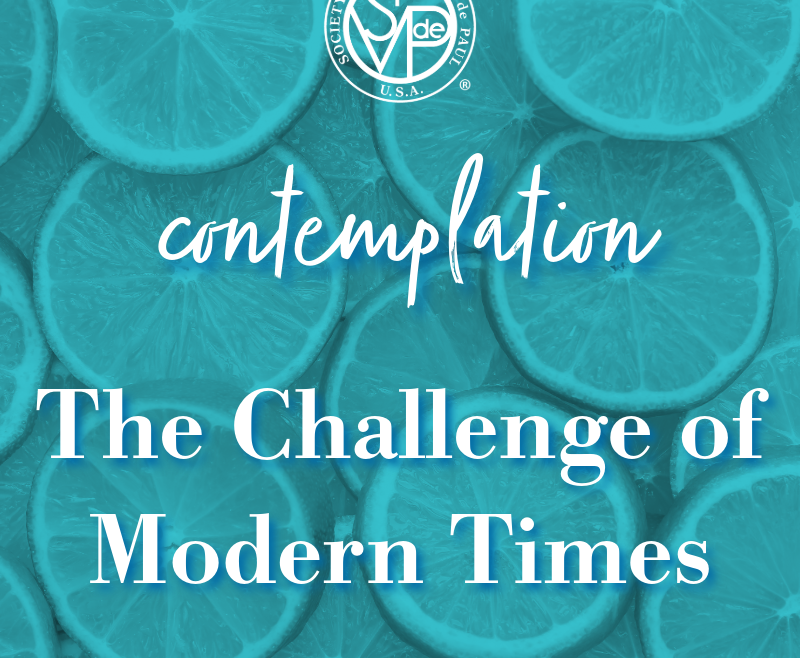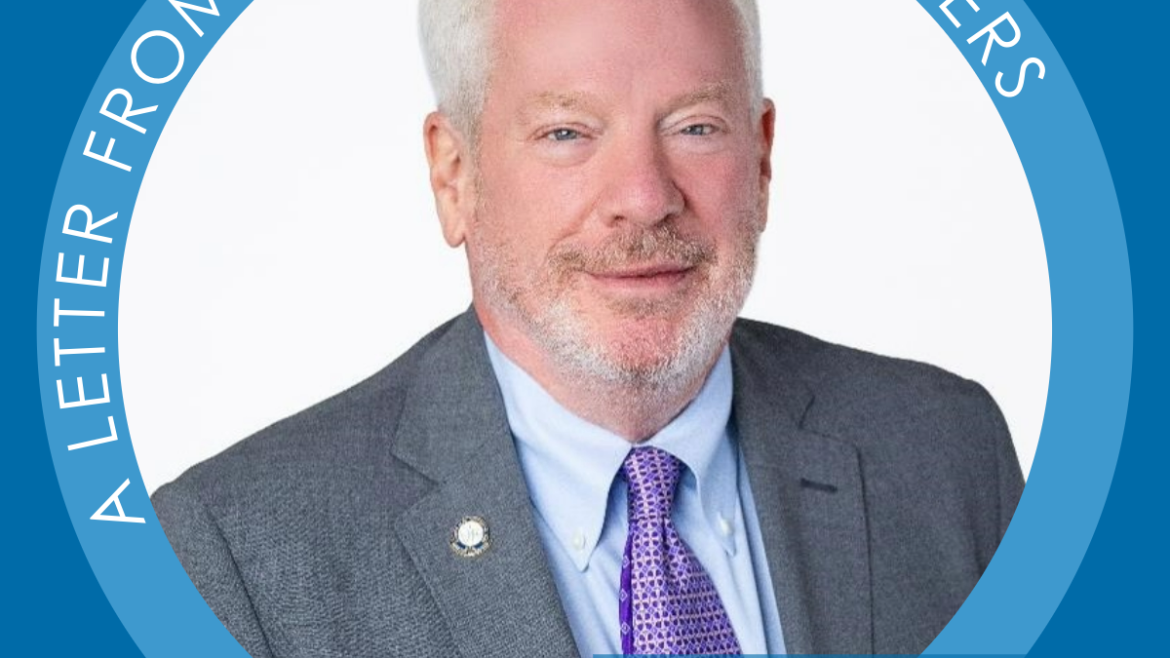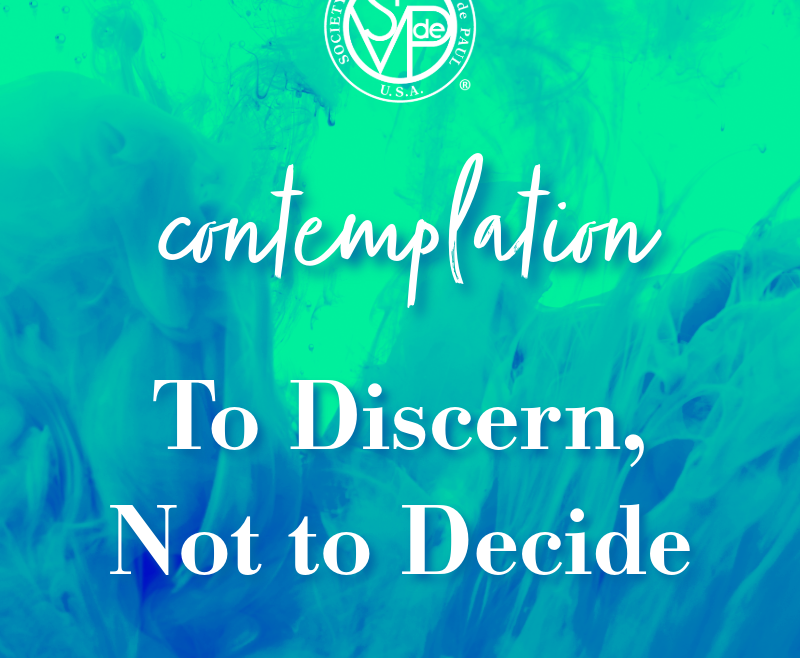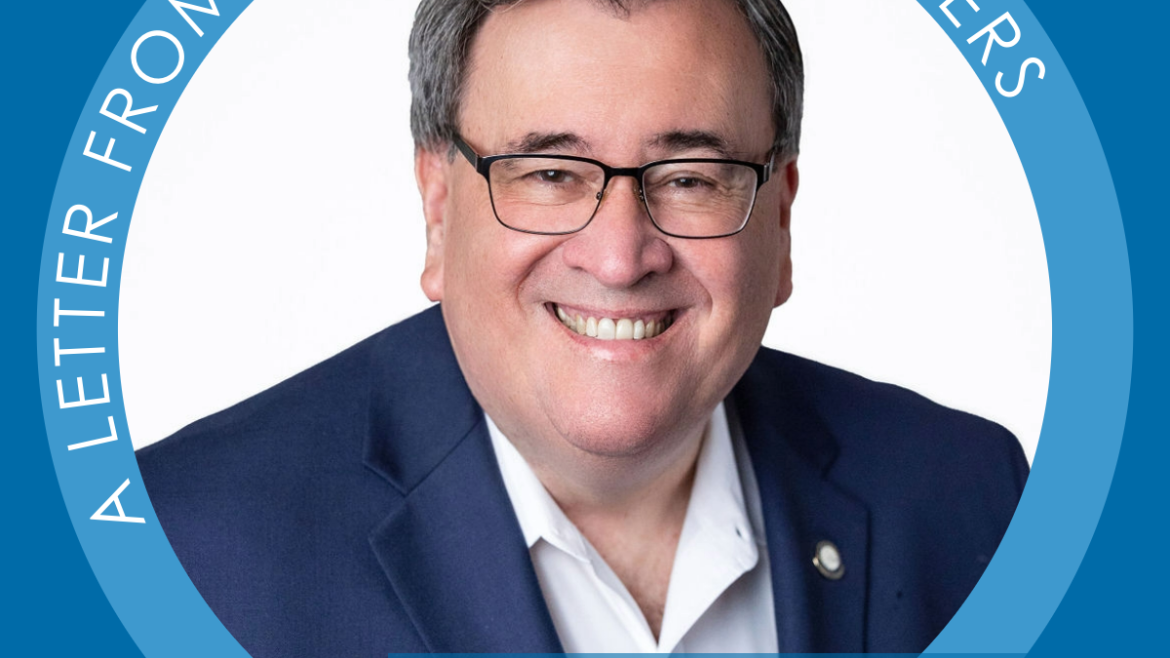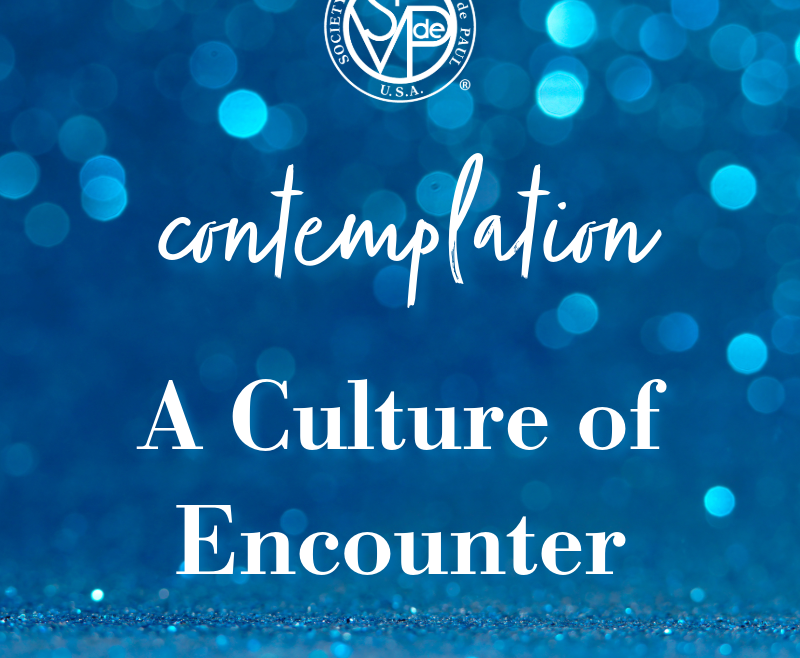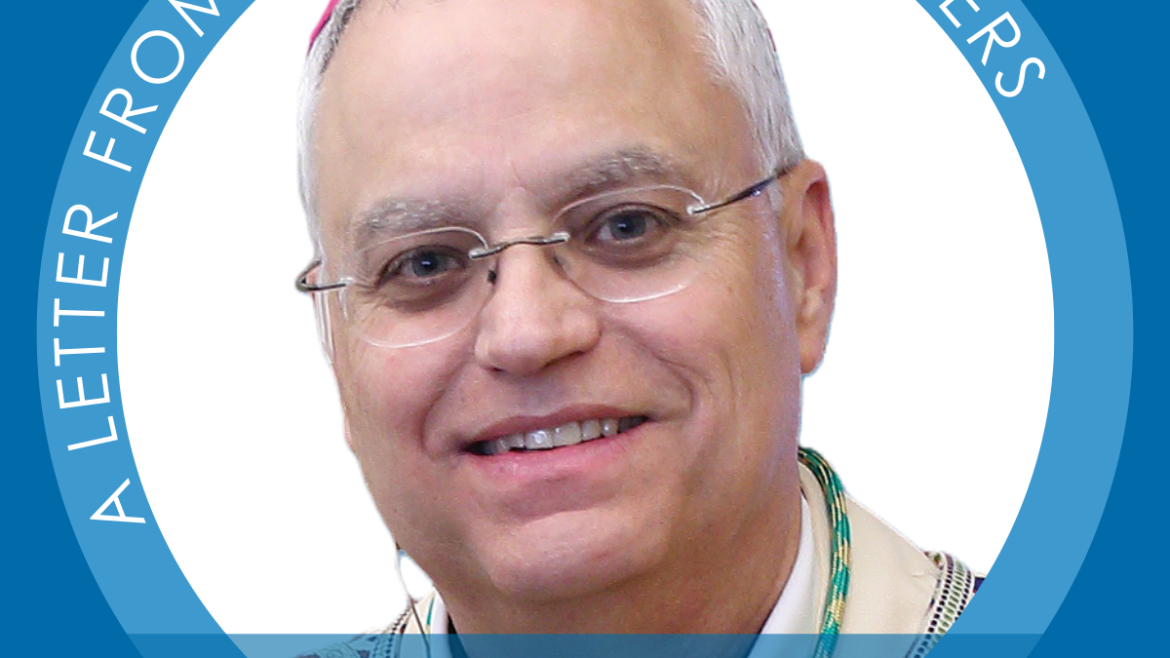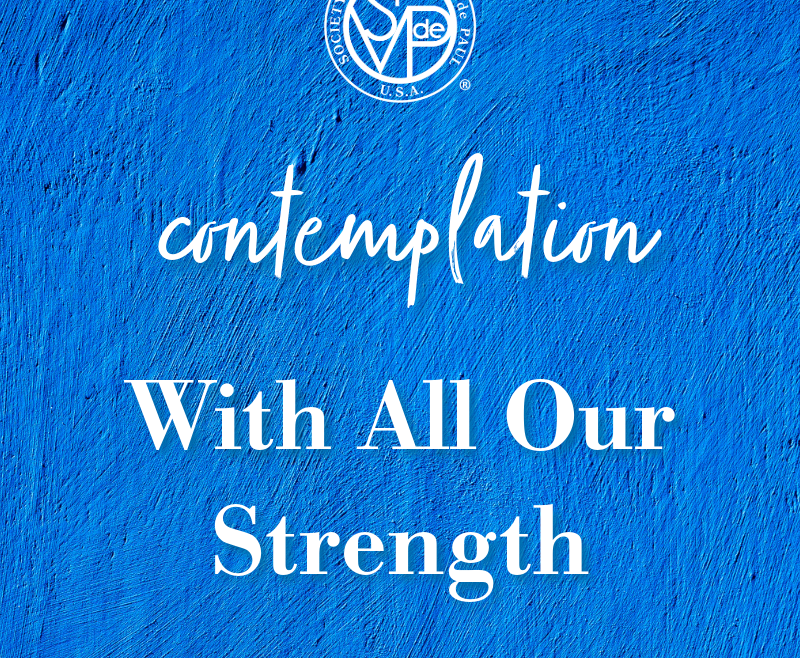Embracing Growth
When I was in my late 20’s, and going through a tough time, I remember my Mom telling me “you need to go see a Priest!”
Growing up as the 5th of 7 kids in an Irish Catholic home in Pittsburgh, there is one important thing learned at an early age: Listen to Mom. Without questioning it, I did listen, and that ultimately lead me to a blessing I could have never imagined — life as a Vincentian.
Over the past 25 years, God has provided so much in my life. A loving, beautiful, intelligent wife, two awesome daughters, a successful entrepreneurial career in technology, and a passion for serving the poor. I am blessed in so many ways, and the Society is a huge part of that because it has enabled me to connect with God and orient my life to His will (most of the time!). I often wonder where I would be today had I ignored Mom and not found the Society.
I bring my story forward not because it is unique. I dare say that everyone of us has a similar story of how we found St. Vincent de Paul. Or rather, as Jesus tells us, we did not find or choose the Society: He chose it for each one of us. And, He chooses it for so many more. My SVdP story, and probably yours, has common attributes of being open, wanting to learn more and have a deeper connection with God and our Catholic faith, a great Priest, an invitation, and the nicest group of men and women I had ever come across.
Today, we stand at a crossroads. We see our Catholic Church shrinking in so many parts of the world, including our great country. We also see decreasing numbers in our Vincentian membership. Perhaps you and I can be a spark to help turn these trends around. Going back to our own unique stories, so many of our family members, friends, and connections are searching for a stronger meaning in life. While many are falling away from the Church, they are looking for a deeper connection to God. And we know the beauty of the Society is that it brings us closer through our encounters with Jesus in every neighbor we serve, and every gathering we participate in.
There is a phrase in business that if you are not growing, you are dying. I also love the quote from the movie Shawshank Redemption: “Get busy living or get busy dying.” We owe it to St. Vincent de Paul, Frédéric Ozanam, and the thousands of Vincentians who have followed to grow our Society. Each of us has been blessed, and we, in turn, need to pay it forward. If it is not already, let’s make growth a core part of every Conference. Let’s be open to and invite our Catholic brothers and sisters to join us. Let’s form strong friendships and partnerships with our Priests and Deacons, and ask for their help by directing parishioners our way. Let’s be bold in our vision for the future and why Jesus has placed us in the Society. Let’s be like my Mom and tell those we love to “Go see a Priest”— and let’s experience growth!
Yours in Christ,
Sean Myers
National Vice President of Membership and Leadership Development

